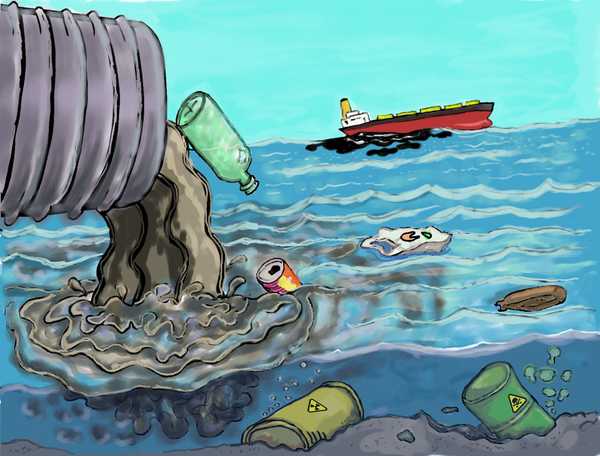"The fact that I am writing to you in English already falsifies what I wanted to tell you. My subject: how to explain to you that I don’t belong to English though I belong nowhere else."
--Gustavo Pérez Firmat, "Bilingual Blues"
In Juan Felipe Herrera’s latest collection of poetry "Notes on the Assemblage" (2015), English becomes subservient to the variations and the complexities of the Latino experience. The line between English and Spanish is blurred in a manner that undermines the English language: core tenants such as punctuation and capitalization are demolished in favor of something much more nuanced and evocative. Some poems are entirely in Spanish; some are entirely in English; some are a mélange of the two languages; some are provided in both their Spanish and English counterparts. All of this only serves to broaden the possible interpretations of each poem. Even more noticeably than the grammar is the usage of Spanish, which adds a layer of cultural complexity that truly speaks only to those who identify with the community Herrera represents and serves to remind the reader of the visceral reality of the Latino experience.
An example of this unique complexity is the poem “Borderbus” which is written partly in Spanish and partly in English. The poem is similarly visceral and powerful in its usage of English and Spanish and as a result, the reader understands that the struggle of the Honduran people being explored goes beyond poetic refrains and cannot possibly be conveyed solely through English. If a non-Spanish speaking reader were to read this poem, he or she would be able to sense the urgency and the fear that Herrera is communicating but again, the Spanish is lost on the reader, and as a result, the reader is—again—left with nothing but the language he or she already knows. The pain, the trials, and the tribulations of the undocumented worker are conveyed, but the truths of Spanish are lost on the reader. One finishes the poem having understood that this struggle is one that transcends the need to be understood by readers; it is one that is so crucial that it can be conveyed only in the language of the speaker—precisely because it is so personal. There are concepts that are entirely out of reach to the non-Spanish speaking reader, and as a result, are not accessible.
This is Herrera's precise point: not everything has to be catered to the Western or the non-Spanish speaking reader.
The bilingualism in this collection is representative of the reality of code switching for those who embody more that one culture. Herrera’s usage of both Spanish and English highlights the repercussions of bilingualism, and by addition, biculturalism, in the States: one who identifies with more than one culture lives one’s whole life building a bridge between them by dancing back and forth between two or more languages depending on the situation. When a bilingual person speaks two languages, they embody two cultures, and so representing him or herself in only English becomes a denial of their other identity because some things are only conveyed in the other language the person is accustomed to.
As a non-Spanish speaking reader myself, I thrived as I read this collection, for there sat before me the work of a man who did not have to compromise or lob off any aspect of his truth in order to cater to any specific reader. Everything about English in this collection is overthrown for something characteristic of and inherent to Herrera and the Latino community he represents. He creates a land between English and Spanish and treads it in an unprecedented manner. Herrera decides that if neither English nor Spanish can be his true home, then he will show the reader in as many ways as possible this gray area that every person of color who embodies two cultural realities lives in, thereby allowing those who live their whole lives amidst the grayness of bilingualism to finally thrive in the face of self-recognition through poetry.
You can always watch Herrera read "Borderbus."





















